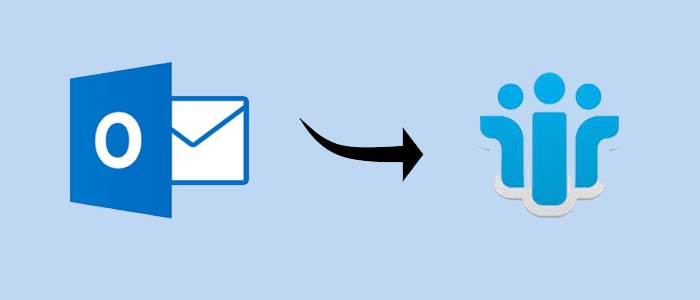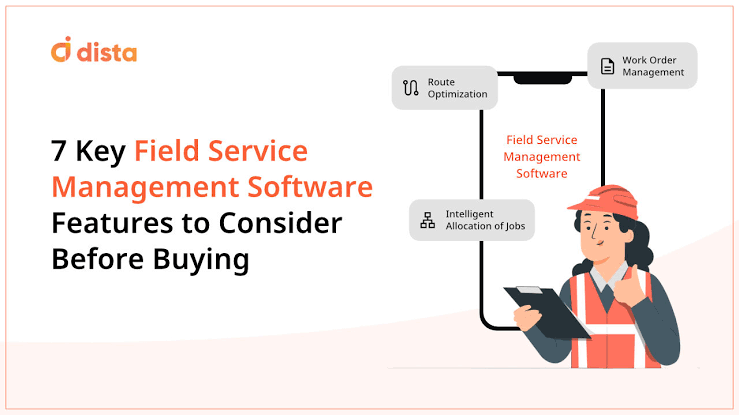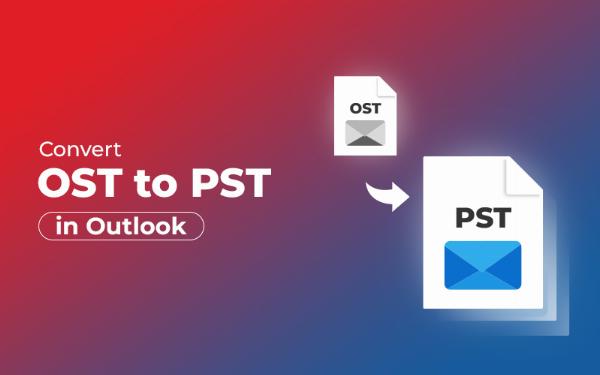How to export Salesforce reports to excel? [Easy Guide]
![How to export Salesforce reports to excel? [Easy Guide]](https://indibloghub.com/public/images/courses/67ebc31939b6e7336_1743504153.png)
Strong 8k brings an ultra-HD IPTV experience to your living room and your pocket.
Imagine working on a crucial report, but Salesforce’s built-in tools don’t provide the necessary flexibility. You require custom calculations, trend analysis, or other advanced tools for better forecasting.
This is where Excel can help you out. It allows you to manipulate data exactly as needed and makes it easier to share, analyze, and optimize business performance.
Let’s see how to export Salesforce reports to Excel for deeper insights.
Why Export Salesforce Reports to Excel? Key Reasons You Should Know
Excel makes data visualization and evaluation easier for businesses. Not only that, but business professionals also have more reasons to export their data:
- Advanced data analysis with powerful analytical tools, such as PivotTables, formulas, and conditional formatting for deeper insights and trend identification.
- Custom report formatting allows users to customize layouts, apply styles, and create visually appealing reports.
- Offline access ensures that critical data is accessible even without an internet connection and serves as a secure backup in case of data loss.
- Better data sharing & collaboration with universally compatible formats among team members, or clients.
- Businesses often need to merge Salesforce data with other sources, such as ERP systems, financial records, or external databases, to improve data evaluation.
- Performing bulk data operations like edits, calculations, and data cleansing quickly for greater efficiency.
- • Generate interactive charts and dashboards that improve decision-making and provide a more dynamic representation of Salesforce data.
- Organizations that need to maintain financial records, perform audits, or comply with industry regulations.
Step-by-Step Guide: How to Export Salesforce Reports to Excel Manually?
We have tried several methods and found these solutions most effective for exporting Salesforce reports. Use them one by one to find the most suitable ones for yourself to perform the Salesforce export report to Excel process.
Solution 1. Export reports directly from the Reports tab
Follow the steps given carefully to export reports from Salesforce.
Step 1. Navigate to the Reports tab in Salesforce.
Step 2. Access the reports you want to export.
Step 3. Use the dropdown arrow to Export the selected report.
Step 4. Choose the appropriate Export View option, then select Excel Format .xlsx to Export the report.
Step 5. It will start downloading your chosen Salesforce report.
Solution 2. Export large datasets with Data Export tool
The above methods will help you export Salesforce reports individually in Excel format. But, for exporting multiple reports, this one might be the most suitable one for you.
Step 1. Go to the Profile menu and click on the Switch to Salesforce Classic option.
Step 2. Locate the Setup tab and enter Data Export in the search bar.
Step 3. Click on the Schedule Export option.
Note: Use the Export Now option to export reports instantly.Step 4. Choose the suitable options by using the below screenshot for proper guidance.
Step 4. Choose the suitable options by using the below screenshot for proper guidance.
Step 5. You will get an email with the download link on the scheduled Export date.
An Advanced Solution: The Faster, Smarter Way to Export Salesforce Data
Although you can export report from Salesforce to Excel using the solutions given, they can’t maintain the original structure of all the objects. Therefore, an ideal choice is to rely on advanced solutions like Recoveryfix Salesforce Backup and Restore for structured data export. Not only that, but it also allows you to migrate data directly to different cloud services such as Amazon S3 and Azure Blob Storage.
Final Takeaway
Now that you know how to export Salesforce report to Excel, you can take control of your data like never before. The solutions provided in the blog will eliminate the hassle of manual data entry and give you flexibility for advanced analysis.
By following the best practices outlined in this guide, you can minimize errors, save time, and use your Salesforce reports more efficiently. Also, you can opt for the recommended solutions for a structured and simplified approach.
Need Quick Help? Check These FAQs Now!
Q1- I am trying to download my Salesforce report in Excel, but it doesn't work. How to fix it?
Ans- There are specific reasons behind this issue. To fix it, you can check export permissions, file formats, and Salesforce account settings.
Q2- How can I automate the process of exporting Salesforce reports?
Ans- Yes, you can automate the entire process of exporting Salesforce data with the help of scheduled reports, automation scripts, or third-party software.
Q3- What are the native solutions to export Salesforce opportunities to Excel?
Ans- There are certain ways to export your Salesforce opportunities, including export option, reports, and data loaders. Use the most appropriate one for yourself.
Q4- Can I export my Salesforce reports directly to Google Sheets?
Ans- Yes, it is possible to export your Salesforce reports directly to Google Sheets. For this, use third-party integration tools, add-ons, or Salesforce Data Connector for real-time data synchronization.
Q5- Can Apex programming language help me export my reports in Excel format?
Ans- Yes, you can use Apex programming language to export data from Salesforce. To proceed with Apex, access the Developer Console in Salesforce to execute specific commands for export.
Note: IndiBlogHub features both user-submitted and editorial content. We do not verify third-party contributions. Read our Disclaimer and Privacy Policyfor details.







